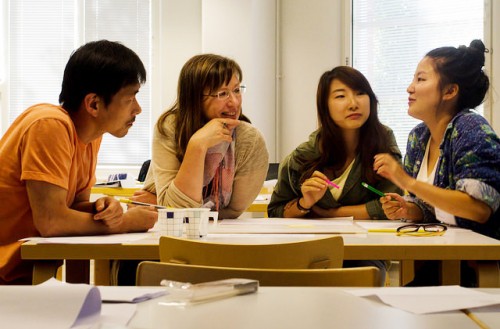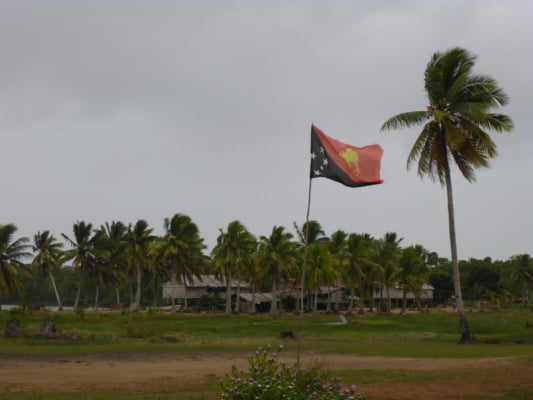How can we encourage creativity, even in risk-averse organisations? How can we protect our attention resources?
I listened to two interesting LSE podcasts recently which got me thinking more about creativity following on from a recent blog I posted about the current interest in innovation. Some even suggest the ‘innovation imperative’ is a mega trend.
Gary Klein‘s lecture Seeing What Others Don’t: the remarkable ways we gain insights is based on his book of the same name.
Klein explores what insights are and how they happen. He stresses the importance of understanding ‘naturalistic decision making’ – how decisions are taken in real life as opposed to in laboratories or ‘test’ conditions. For me, this resonates very much with the focus on practice that drives our work here at the Institute for Human Security and Social Change.
Klein argues that performance improvements = fewer errors + more insights. Yet organisations, he says, put more emphasis on reducing errors.
‘Organisations stifle insights because of forces locked deep inside their DNA: they value predictability, they recoil from surprises, and they crave perfection, the absence of errors. Surprises and errors can play havoc with plans and with smooth operations.’
He suggests three different pathways that lead us to insights:
- making connections (and also seeing coincidences). This is similar to Steven Johnson’s work on Where Good Ideas Come From, which underlines the importance of spaces and venues where different ideas can collide and combine.
- spotting contradictions by navigating conflicting information and opinions with curiosity rather than dismissal.
- breaking free from flawed assumptions through creative desperation. Here ‘necessity is the mother of invention’.
Each path ‘has its own set of tactics for trying to gain insights’, as well as pitfalls.
The second podcast that intrigued me was The World Beyond Your Head: how to flourish in an age of distraction, with Matthew Crawford and Richard Sennett, based on Crawford’s book. How do we focus on what’s really important when we are increasingly subjected to advertisements and other demands on our attention?
What I found interesting was Crawford’s idea that for true liberation from the constant ‘noise’ we need to engage in the craft of practice, usually with others, and to master real world skills. Practical crafts – Crawford’s examples include sports, manual trades, engineering and indeed motorcycle riding – enable us to interact with the reality and complexities of our environment. Such interaction can limit the distracting choices we face, which Crawford argues are part of the political economy of attention and the ‘privatisation of our head space’.
This argument that the drive for autonomy, choice and individualism can undermine concentration, innovation and sociability makes sense to me. I wonder if it could help explain the view that hyper-connected and distracted head offices of aid agencies might innovate less than those on the front line.
The podcasts summarise two very different books. Klein’s has been criticised as being ‘an endless repetition of anecdotes‘, whilst Crawford is described as ‘persuasive, entertaining – and sometimes disturbing‘. Crawford’s ‘The World Beyond Your Head’ asks some fundamental questions about whether unlimited choice constrains the sociability and engagement with the world required for us to flourish and create. ‘Seeing What Others Don’t’ provides some arguably more practical and tactical suggestions about how we can encourage insights to emerge. Together they seem to offer useful ideas about the deeper structures that might shape creativity – and who benefits from them – as well as how those structures might be rethought.
First posted on Practice for Change, the website of La Trobe’s Institute for Human Security and Social Change.











